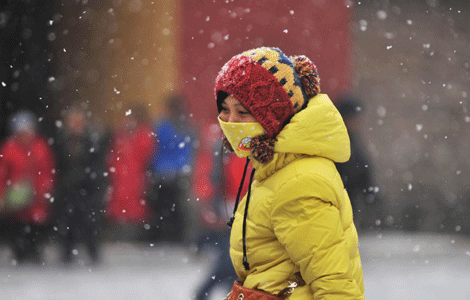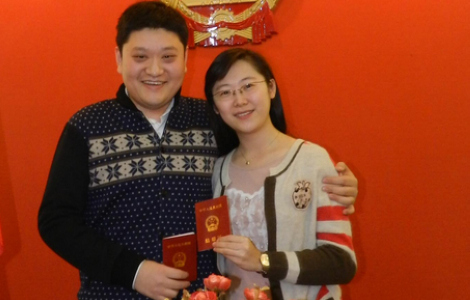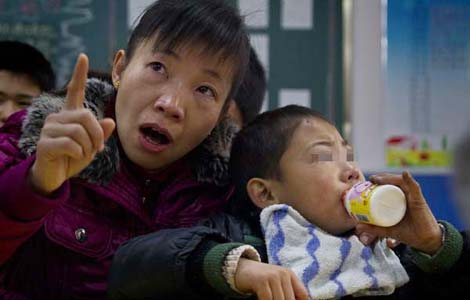
BEIJING - Mao Lianying makes 15,000 yuan a month pre-tax as a Beijing department store accounting manager, but doesn't consider herself a high wage earner.
"Prices keep rising but I haven't had a pay rise for at least two years,", says Mao. "My friends and colleagues all feel the inflation pressure."
Even her boss, who makes 500,000 yuan a year, does not feel like a rich man. "He works like a horse to save for his son's education," Mao says.
The accounting manager is perplexed over recent reports that Beijing's per capita gross domestic product (GDP) has reached the level of some wealthy nations. "Why do we always have to think twice before we foot the bill?" Mao wonders.
Last year, Beijing's per capita GDP stood at 80,394 yuan ($12,447), which the municipal statistical bureau said was close to the levels of developed countries.
The Chinese capital is now a member of the World Bank's "high-income" economies, a category for countries with per capita gross national income (GNI) over $12,276.
"Despite the slight differences in GNI and GDP calculations, Beijing has met the World Bank's criteria for a high-income economy," according to Yu Xiuqin, deputy chief of Beijing's statistical bureau.
Beijingers' disposable income, however, falls far behind its GDP volume.
Last year, Beijing's urban residents reported 32,903 yuan in per capita disposable income, about 40 percent of the per capita GDP.
"The percentage is apparently too low -- at least 10 percent lower than many developed countries," says Wang Jianmao, professor of economics at the China Europe International Business School in Shanghai.
Despite last year's personal income tax cut that reduced China's total number of taxpayers by 60 million, the country's annual tax revenue grew by 22.6 percent in 2011, surpassing its GDP growth by 9.2 percent.
Wang explains China's tax revenue growth has topped GDP growth for 15 consecutive years since 1997, saying "Corporate and personal income taxes, in particular, grew much faster than GDP."
Many Beijingers complain they are "underpaid," given low income levels and an inadequate social security system, according to a report on Beijing's social and economic indices of 2011, published on the website of the Capital University of Economics and Business.
The report found Beijingers' "happiness index" -- which measures the quality of life and personal contentment rather than economic growth -- was 72.28 last year, slightly lower than 2010. The paper blamed comparatively low income as one of the major reasons for the decline.
Meanwhile, another report on Chinese women's quality of life listed price hikes, unaffordable homes and low income as the three major issues of concern for urban women.
"Income level is undoubtedly an important criteria to judge a person's quality of life, though there are many other means to evaluate one's happiness," says Wang Tianlong, an associate researcher with the China Center for International Economic Exchanges.
Wang sees China's attempts to bolster economic development as essential in improving people's livelihoods. "But we do need to improve the public sectors, provide better medical services and education, and enable different social groups to share in the fruits of the overall economic growth," the researcher suggests.
The gaps between Beijing's bulging GDP volume and that of the underdeveloped central and western regions, and between rich and poor individuals, are also noteworthy, adds Wang.
Instead of being blindfolded by Beijing's growth rate, China should take such gaps and imbalances into account while mapping out future growth patterns, he says.







